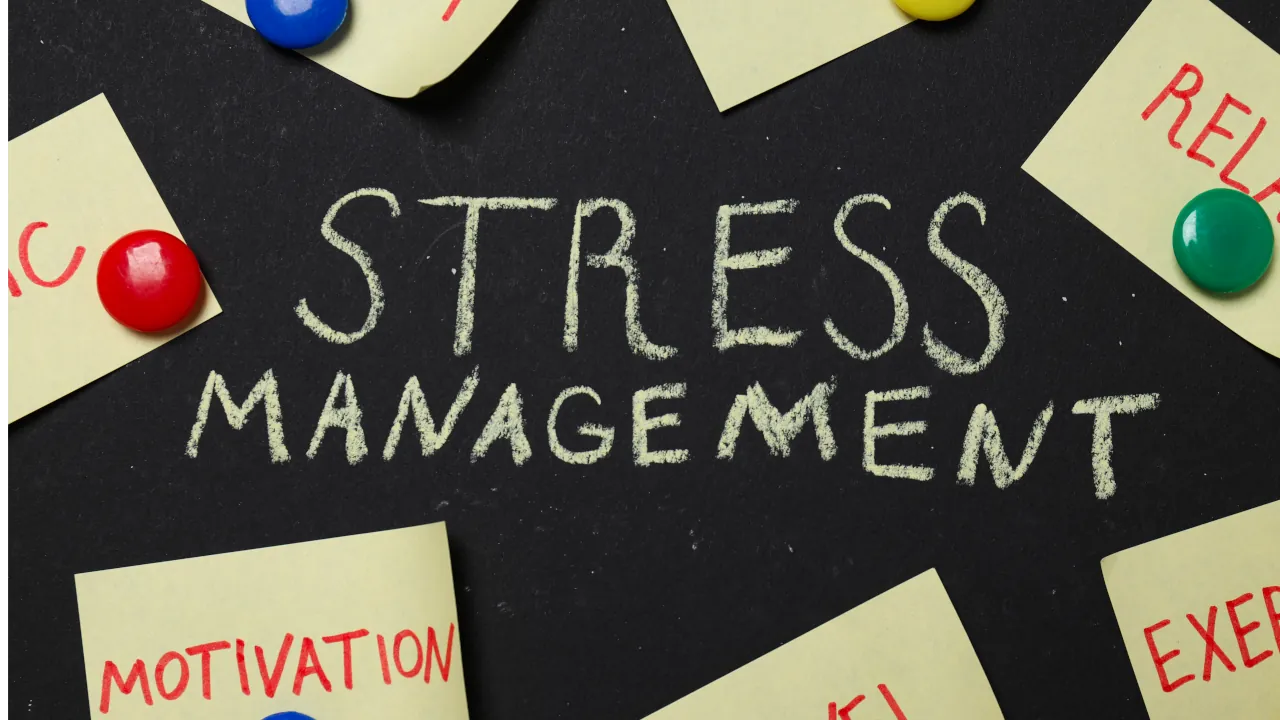Mastering the Art of Calm: A Comprehensive Guide to Stress Management Techniques
Introduction:
In our fast-paced, high-pressure world, stress has become an almost ubiquitous part of daily life. While some stress can be motivating, chronic or excessive stress can have serious negative impacts on our physical health, mental well-being, and overall quality of life. This comprehensive guide will explore the nature of stress, its effects on the body and mind, and a wide range of effective stress management techniques. By understanding and implementing these strategies, you can develop resilience, improve your well-being, and navigate life’s challenges with greater ease.
Understanding Stress:
- What is Stress?
- The body’s response to perceived threats or demands
- Acute vs. chronic stress
- The Stress Response:
- Fight, flight, or freeze reactions
- Physiological changes during stress
- Types of Stressors:
- External stressors (e.g., work, relationships, finances)
- Internal stressors (e.g., perfectionism, negative self-talk)
- Individual Stress Responses:
- How personality and life experiences influence stress reactions
The Impact of Chronic Stress:
- Physical Health:
- Cardiovascular issues
- Weakened immune system
- Digestive problems
- Mental Health:
- Anxiety and depression
- Cognitive impairment
- Sleep disturbances
- Emotional Well-being:
- Mood swings
- Irritability
- Burnout
- Behavioral Changes:
- Unhealthy coping mechanisms (e.g., overeating, substance abuse)
- Procrastination
- Social withdrawal
Stress Management Techniques:
- Mindfulness and Meditation:
- Mindfulness-Based Stress Reduction (MBSR)
- Guided imagery
- Body scan meditation
- Deep Breathing Exercises:
- Diaphragmatic breathing
- Box breathing
- 4-7-8 technique
- Progressive Muscle Relaxation:
- Systematically tensing and relaxing muscle groups
- Releasing physical tension to promote mental relaxation
- Cognitive Behavioral Techniques:
- Identifying and challenging negative thought patterns
- Reframing negative situations
- Developing a growth mindset
- Time Management Strategies:
- Prioritization techniques
- The Pomodoro Technique
- Creating realistic schedules
- Physical Exercise:
- Aerobic exercise for stress relief
- Yoga and tai chi for mind-body balance
- The importance of regular movement
- Healthy Lifestyle Habits:
- Balanced nutrition for stress management
- Adequate sleep hygiene
- Limiting caffeine and alcohol
- Social Support:
- Building and maintaining supportive relationships
- The importance of communication and vulnerability
- Seeking professional help when needed
- Nature Therapy:
- The benefits of spending time in nature
- Forest bathing (Shinrin-yoku)
- Gardening and plant care
- Journaling:
- Expressive writing for emotional release
- Gratitude journaling
- Problem-solving through writing
- Art and Creative Expression:
- Using art as a stress relief tool
- Music therapy and sound healing
- Dance and movement therapy
- Biofeedback:
- Using technology to gain awareness of physiological processes
- Learning to control stress responses
- Aromatherapy:
- Using essential oils for relaxation
- Creating a calming environment
- Humor and Laughter:
- The physiological benefits of laughter
- Incorporating humor into daily life
- Mindful Technology Use:
- Digital detoxes
- Setting boundaries with work communications
- Using apps for guided relaxation
Developing a Personalized Stress Management Plan:
- Stress Assessment:
- Identifying your primary sources of stress
- Recognizing your stress symptoms
- Goal Setting:
- Establishing realistic stress management goals
- Creating SMART objectives
- Choosing Techniques:
- Experimenting with different stress management strategies
- Identifying what works best for you
- Creating Routines:
- Incorporating stress management into daily life
- Building habits for long-term stress resilience
- Regular Evaluation:
- Assessing the effectiveness of your stress management plan
- Adjusting strategies as needed
Stress Management in Specific Contexts:
- Workplace Stress:
- Setting boundaries between work and personal life
- Effective communication with colleagues and superiors
- Time management in professional settings
- Academic Stress:
- Study techniques to reduce exam anxiety
- Balancing academic demands with self-care
- Relationship Stress:
- Conflict resolution strategies
- Building emotional intelligence
- Maintaining healthy boundaries
- Financial Stress:
- Budgeting and financial planning
- Developing a healthy relationship with money
- Seeking professional financial advice
- Parenting Stress:
- Self-care strategies for parents
- Building support networks
- Mindful parenting techniques
- Caregiver Stress:
- Recognizing and addressing caregiver burnout
- Seeking respite care and support
- Health-Related Stress:
- Coping with chronic illness
- Managing stress during recovery
- Mindfulness practices for pain management
Advanced Stress Management Concepts:
- Stress Inoculation Training:
- Preparing for stressful situations through gradual exposure
- Acceptance and Commitment Therapy (ACT):
- Accepting difficult emotions while committing to value-based actions
- Emotional Freedom Technique (EFT):
- Tapping therapy for stress relief
- Neurofeedback:
- Training brainwave patterns for stress reduction
- Float Therapy:
- Sensory deprivation for deep relaxation
- Adaptogenic Herbs:
- Understanding and using adaptogens for stress management
When to Seek Professional Help:
- Signs that stress is becoming unmanageable
- Types of mental health professionals who can help with stress
- Therapeutic approaches for stress-related disorders
- The role of medication in stress management
Conclusion:
Stress may be an inevitable part of life, but how we manage it can make all the difference in our overall well-being. By understanding the nature of stress and implementing a variety of stress management techniques, we can build resilience, improve our mental and physical health, and lead more balanced, fulfilling lives.
Remember that stress management is a highly individual process. What works for one person may not work for another, so it’s important to explore different techniques and develop a personalized approach. Be patient with yourself as you learn and implement new stress management strategies, and celebrate the small victories along the way.
With practice and persistence, you can master the art of stress management, transforming challenges into opportunities for growth and maintaining calm even in the face of life’s storms. Here’s to a more balanced, less stressed you!

